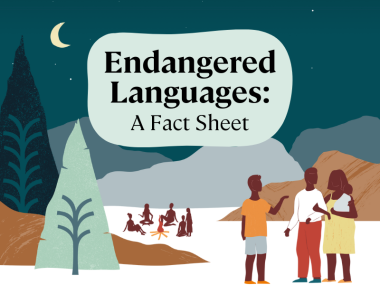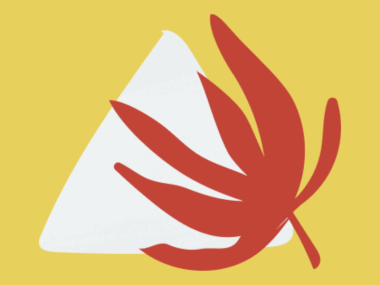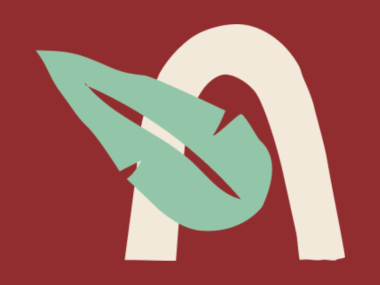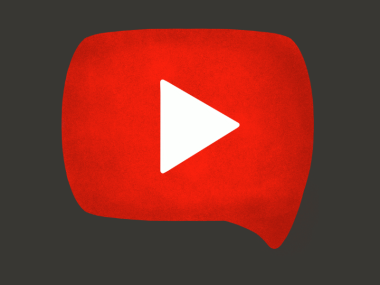The Global Coalition for Language Rights (GCLR) has created a short, easy to understand statement about language rights. This statement explains what language rights are, what they mean, and how to identify if these rights have been violated.
The statement is currently available in 68 languages. The English version of the text is below. Find the statement, and all the translations, at https://www.coalitionforlanguagerights.org/.
What Are Language Rights?
You should be able to use your language wherever and however you want.
Can you use your language at school? Can you use it in hospitals and with doctors? Can you communicate with the government in your language? Can you use your language at work? When you can do all this, you have language rights. If you can’t, then someone took away your language rights.
Can you hear and see your language on TV, radio, books, newspapers, and the internet? Can you pass your language to future generations in the ways you choose? When you can do all this, you have language rights. If you can’t, then someone took away your language rights.
You have language rights when you can use your language without worrying about how other people will treat you. Nobody should insult or attack you because of how you speak, sign, or write. Nobody should say that your language is worse than other languages. If you or your language are treated badly, then someone took away your language rights.
You have language rights when you and your community can make decisions about your language. You can decide what name to call your language. Nobody can say you don’t have a real language. If your community can’t make these decisions, then someone took away your language rights.
If someone took away your language rights, you can do something about it. You can defend your language rights. You need to figure out who took away your language rights and tell everyone about it. You can talk to people, protest in the street, use social media, write letters.
Defending language rights can be difficult. Sometimes it is dangerous. But it is also important. People all around the world are working to defend their language rights. It’s good if we all work together no matter what languages we use. The Global Coalition for Language Rights works to defend everyone’s language rights. Join us!



